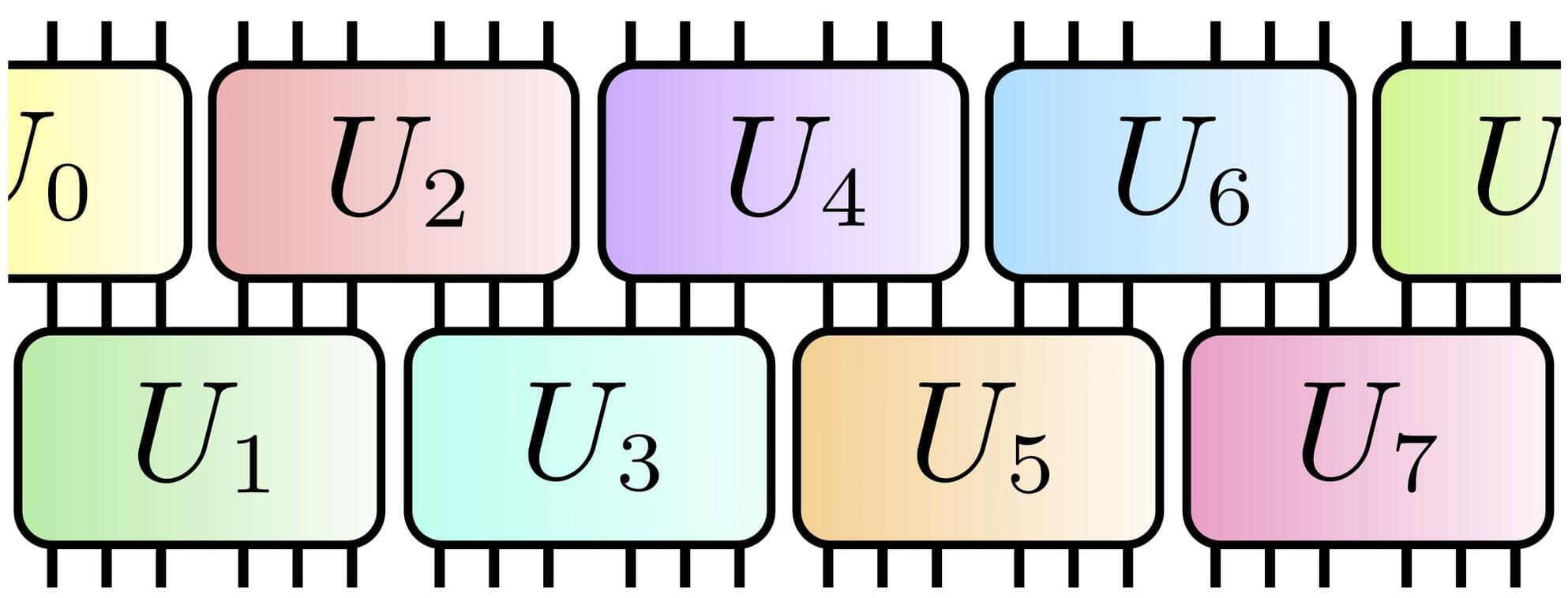Understanding randomness is crucial in many fields. From computer science and engineering to cryptography and weather forecasting, studying and interpreting randomness helps us simulate real-world phenomena, design algorithms and predict outcomes in uncertain situations.
Randomness is also important in quantum computing, but generating it typically involves a large number of operations. However, Thomas Schuster and colleagues at the California Institute of Technology have demonstrated that quantum computers can produce randomness much more easily than previously thought.
And that’s good news because the research could pave the way for faster and more efficient quantum computers.
